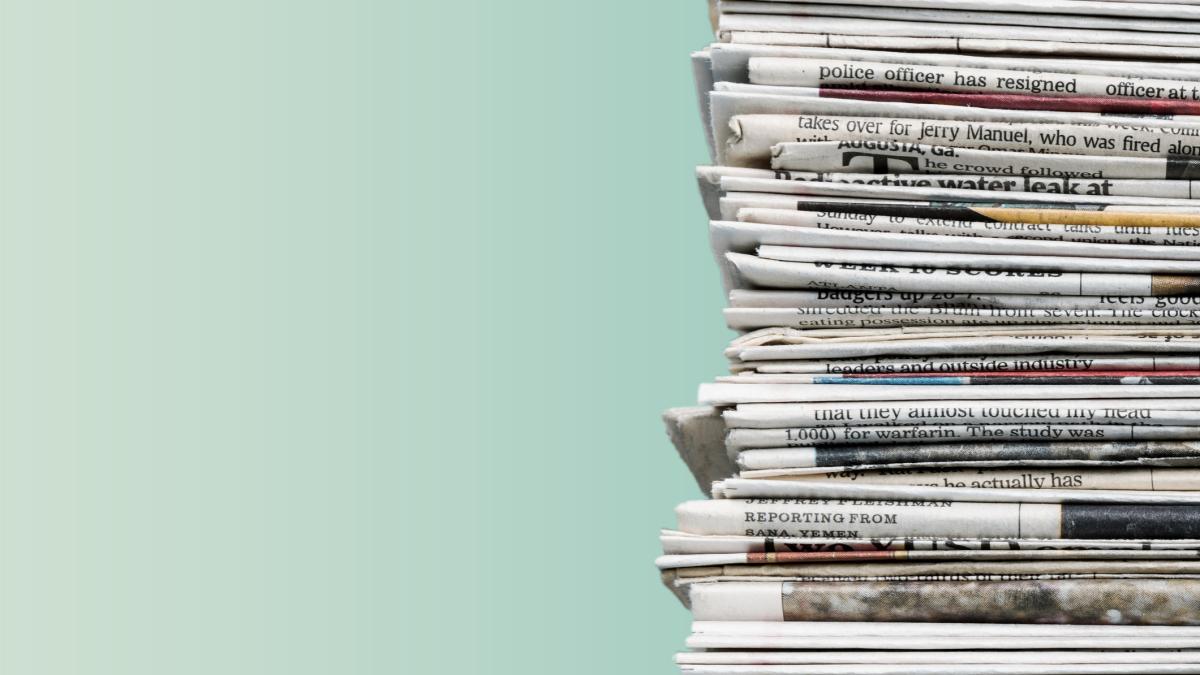
In an absolutely disgusting attempt at journalism, the Herald Sun have straight-up doxxed a sex worker over the weekend, including information regarding her workplace, aliases she uses and identifying photos of her face and body.
Out of respect for the woman in question’s privacy, safety and right to not be publicly shamed for her extremely valid choice to work in the sex industry, we won’t be providing any identifying information about her in this story.
The article, written by female journalist Alice Coster, used a slew of disgusting language to describe the woman and the sex work industry, while sharing a number of images and details that had previously not been made public.
It’s important to note that in Victoria, the state in which the woman lives and works, sex work is mostly legal (with the exception of street-based sex work) and is highly regulated under Sex Work Act 1994 and the Sex Work Regulations 2016.
It goes without saying at this point, sex work is real work, and it’s extremely disappointing to see this sort of disrespect and blatant disregard for the woman’s privacy and safety.
In the immediate aftermath of Herald Sun’s story being posted, Molly, who works in sex work industry described how the Coster’s “outing” made them feel.
“When a sex worker is outed without their consent or control their relationships, family, career and education prospects and entire future are put into limbo. There are massive social and cultural implications, they could be barred from future travel, volunteering and humanitarian opportunities purely because of a false stigma,” she said. “Frequently, sex workers are put at risk of domestic violence or family alienation when they are outed and it can have implications on any future custody or legal matters the individual might have.”
Molly also went on to discuss how Coster’s comments impacted the whole industry, not just the individual who was outed in the story.
“To out someone the way Alice has, however, has affected the entire industry. An industry whose employees pride themselves on hygienic workplaces and safe services is now brandished as one full of people who deny COVID-19 and/or act irresponsibly when it comes to social distancing and the current state of crisis. We are all in the dark about the future of our industry and our job security, we have no idea when we will be able to work again and now, it seems, Australia has another reason to delay [the COVID-safe opening of brothels and other sex work-related businesses].”
Doxxing, which can be defined as publishing private or identifying information online about someone, usually with ill intent, is particularly dangerous for those who work in the sex industry and already have to take extra safety precautions at work.
Despite many types of sex work being completely legal, there is still a pretty big stigma and potential personal safety risk associated with the profession. Understandably, this is amplified when your personal information is published online without your consent.
Not only is doxxing disgusting and uncalled for, it can also be considered unlawful under section 474.17 of the Commonwealth Criminal Code, depending on the context and the information disclosed.
In 2018, a New Zealand woman was criminally charged with one count of “posting a harmful digital communication” after doxxing an escort. In her victim impact statement in court, the victim described exactly how detrimental the ordeal was to her mental health.
“My heart started pounding and my body started to shake,” she said, explaining that she couldn’t eat, sleep or keep water down. “I remember wishing I would die … [I remember] holding my breath so that I would pass out and die.”
Throughout her lengthy statement, she also discussed how the impact of the posts have had lifelong consequences.
“These posts have become a part of my life, a part of my children’s lives, and a part of my legacy,” she told the court back in 2018. “The human and emotional cost is unquantifiable.”
But this is just one of countless stories of women who have been publicly outed as sex workers and blatantly doxxed. Yet here we are, years later, still doing the same thing with absolutely no regard for the impact it has.
Similar experiences have also been felt by Canadian sex worker Nadia Guo, who was publicly outed by a Toronto newspaper in 2018 prior to a “good character hearing” in court.
“I feel like I can handle whatever shit I have to deal with, but the hardest thing has been how the media is making my family deal with it too. They’re innocent to all of this,” she told Huff Post at the time.
Although the Herald Sun article may not have breach the law when doxxing this woman, the really questionable reporting puts things into perspective when you hear the horrendous impacts sharing this sort of information on such a large platform has on women. Herald Sun (and Coster) need to do better.
Regardless of literally any other piece of information, it’s simply not (and never will be) okay to share this sort of information about another person without their permission. No political, religious or world view gives the Herald Sun the right to share pictures and identifying information about a sex worker in a national newspaper.
However, this issue goes so much deeper than just a woman’s right to privacy. For some of these sex workers, it’s literally a matter of life and death, with the leaking of their private information increasing the risk of potential physical or sexual violence being directed at them.
According to a 2017 article from The Conversation, “the reality is that those working in the commercial sex industry likely remain the most at risk of violent crime,” which is only amplified when we disclose their place of work, name and photographs to potentially 3.8 million people.
Thankfully, neither of the aforementioned women faced fatal consequences as a result of being doxxed. But considering the already-high rate of sex workers who are murdered every year, including Michaela Dunn (whose life was tragically cut short last year), it’s easy to see why they often choose not to share their private information online, out of fear for their own safety.
But in addition to disclosing a slew of personal information that could compromise both the privacy and safety of the woman in question, the article blatantly shamed her for having a career in a perfectly legal industry.
Throughout the article, Coster reveals the woman’s “exotic past”, describes multiple dancing and topless waiting jobs that she’s been involved in (which are both completely legal and not at all something to shame someone for), and that the woman has had multiple (likely unrelated) clashes “with the PoPo.”
Of course, the story has now been picked up by multiple other outlets, who have further spread identifying information about the woman in a less-than-positive light.
Herald Sun, Alice Coster, you simply must do better.
The story appears to have been removed from the Herald Sun Facebook and Twitter pages but remains live on the website at the time of publishing.



